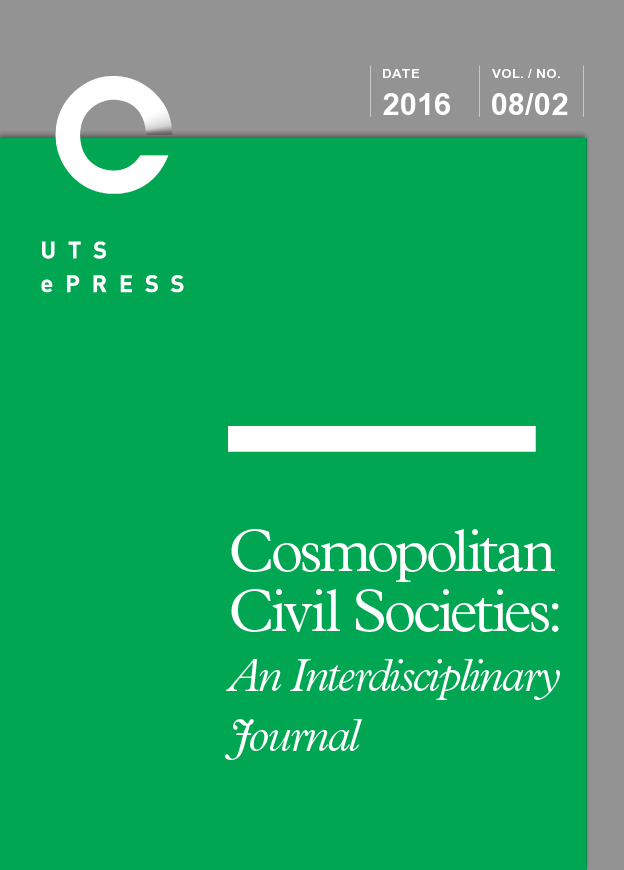People Seeking Asylum in Australia and their Access to Employment: Just What Do We Know?
Main Article Content
Abstract
Public and political claims about the employment of people from a refugee background in Australia do not always reflect the research findings in this area. For example, recent claims by a senior Coalition Government Minister about people seeking asylum who arrived to Australia by boat during the previous Labor Government’s terms in office (2007-13) posit that many have limited employment prospects. However, given there is little research or government reporting on the experiences of asylum seekers who arrived during this time, and none that focuses specifically on their employment, there is no evidence to support this. A review of research on the employment experiences of people from a refugee background, and Australian policies, suggests a more nuanced picture. This includes research that found while initially people from a refugee background are more likely to be unemployed, have temporary jobs and lower incomes than other newly arrived immigrants, over the longer term second-generation refugees have higher levels of labour market participation than the general population and refugees and their families make significant economic and community contributions to Australia. Research also highlights that refugees may experience a range of barriers to accessing employment, including discrimination, and a review of Australian policies indicates these are likely to have exacerbated some of these barriers for asylum seekers who arrived to Australia by boat. In addition, given previous findings that public attitudes can be influenced by representations made in public and political discourses, the public statements of senior Ministers may be further deepening barriers to accessing employment faced by asylum seekers who arrived by boat.
Article Details
Issue
Section
Authors who submit articles to this journal from 31st March 2014 for publication, agree to the following terms:
a) Authors retain copyright and grant the journal right of first publication with the work simultaneously licensed under a Creative Commons Attribution License that allows others to share and adapt the work with an acknowledgement of the work's authorship and initial publication in this journal.
b) Authors are able to enter into separate, additional contractual arrangements for the non-exclusive distribution of the journal's published version of the work (e.g., post it to an institutional repository or publish it in a book), with an acknowledgement of its initial publication in this journal.
c) Authors are permitted and encouraged to post their work online (e.g., in institutional repositories or on their website) prior to and during the submission process, as it can lead to productive exchanges, as well as earlier and greater citation of published work (See The Open Access Citation Advantage Service). Where authors include such a work in an institutional repository or on their website (ie. a copy of a work which has been published in a UTS ePRESS journal, or a pre-print or post-print version of that work), we request that they include a statement that acknowledges the UTS ePRESS publication including the name of the journal, the volume number and a web-link to the journal item.
d) Authors should be aware that the Creative Commons Attribution (CC-BY) License permits readers to share (copy and redistribute the work in any medium or format) and adapt (remix, transform, and build upon the work) for any purpose, even commercially, provided they also give appropriate credit to the work, provide a link to the license, and indicate if changes were made. They may do these things in any reasonable manner, but not in any way that suggests you or your publisher endorses their use.
For Volume 5 No 3 (2013) and before, the following copyright applied:
Authors submitting articles to UTSePress publications agree to assign a limited license to UTSePress if and when the manuscript is accepted for publication. This license allows UTSePress to publish a manuscript in a given issue. Articles published by UTSePress are protected by copyright which is retained by the authors who assert their moral rights. Authors control translation and reproduction rights to their works published by UTSePress. UTSePress publications are copyright and all rights are reserved worldwide. Downloads of specific portions of them are permitted for personal use only, not for commercial use or resale. Permissions to reprint or use any materials should be directed to UTSePress.
